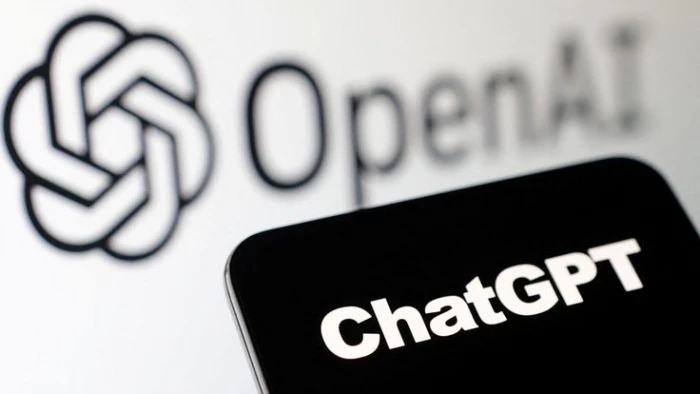OpenAI Unveils ChatGPT Pulse: AI Powered Morning Briefs Now Available for Pro Users
by Muskan Kansay - 4 months ago - 3 min read

OpenAI has just raised the curtain on ChatGPT Pulse, a feature designed to make artificial intelligence your go-to morning assistant before the first scroll through social media or even the first sip of coffee. Starting Thursday, Pulse becomes accessible to subscribers of the $200 a month ChatGPT Pro plan, appearing as a new tab inside the familiar ChatGPT app interface.
AI Briefings While You Sleep
Instead of waiting for queries, Pulse shifts the AI paradigm to a proactive mode. It composes five to ten highly personalized reports overnight, tailored to each user’s life and interests. These summaries range from current news, like updates on favorite sports teams, to daily agendas, travel itineraries, or even creative family costume suggestions, as shown in live demos.
Feature Highlights and User Experience
Each morning, Pulse presents these reports on attractive cards featuring both AI generated images and text. Clicking on a card reveals the full briefing, and users can immediately ask ChatGPT follow up questions or request new quick reports. In a notable design twist, Pulse stops after a handful of cards, signaling, “Great, that’s it for today.” This creates a hard stop to endless scrolling, drawing a clear line from engagement driven social feeds and positioning the tool as a focused morning ritual.
Deep Personalization and App Integration
Pulse doesn’t just pull information from the internet. It is compatible with Connectors for services like Google Calendar and Gmail, parsing overnight messages and building a relevant agenda without effort from the user. It also leverages ChatGPT’s memory feature, so preferences, even dietary restrictions or favorite hobbies, shape Pulse’s suggestions. Whether a pescatarian needing restaurant tips or a runner in London looking for new routes, Pulse delivers bespoke intelligence.
Exclusive, Compute Heavy AI
OpenAI’s consumer strategy is shifting towards asynchronous, agent like services, and Pulse marks a significant step. But for now, only Pro users get to try it, with wider access planned once OpenAI can scale up from its current server limitations. Real time news aggregation and deep personalization require heavy computational power, making Pulse one of the most compute intensive offerings in OpenAI’s lineup so far.
The Next Phase in AI Assistance
The roadmap is ambitious. In the future, Pulse may handle tasks like making reservations or drafting emails automatically, pushing the boundaries of what digital assistants can do independently. As for competition, while Pulse competes with news apps and personalized newsletters, it doesn’t aim to replace professional journalism; each card clearly cites sources and links, keeping information transparent.
OpenAI Pulse is not just another chatbot feature. It is a step towards a world where AI helps shape the day before it even begins.